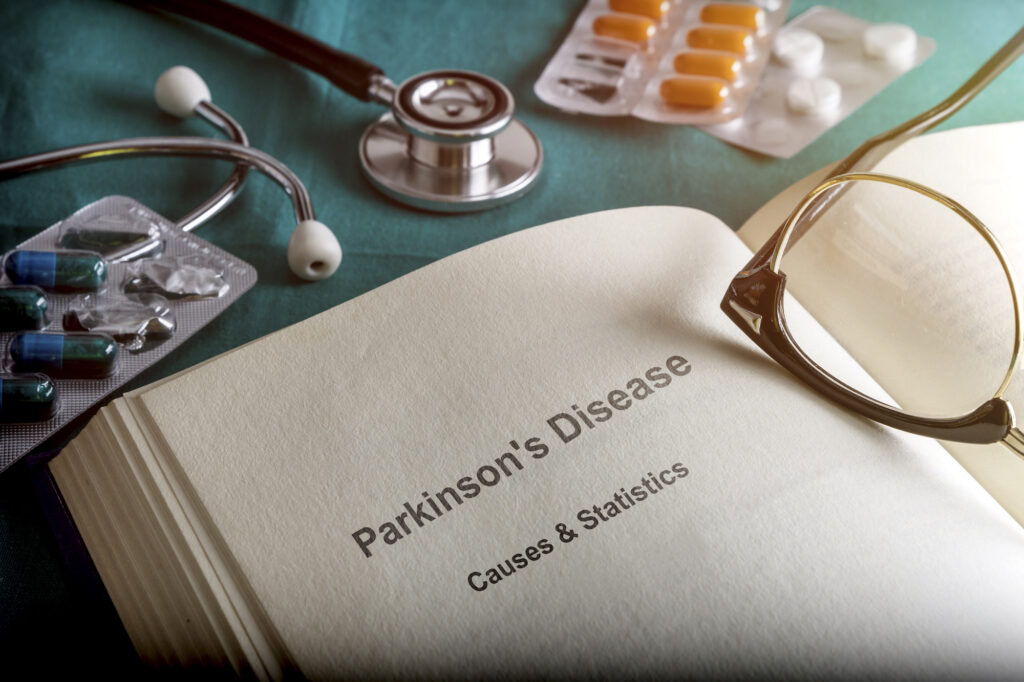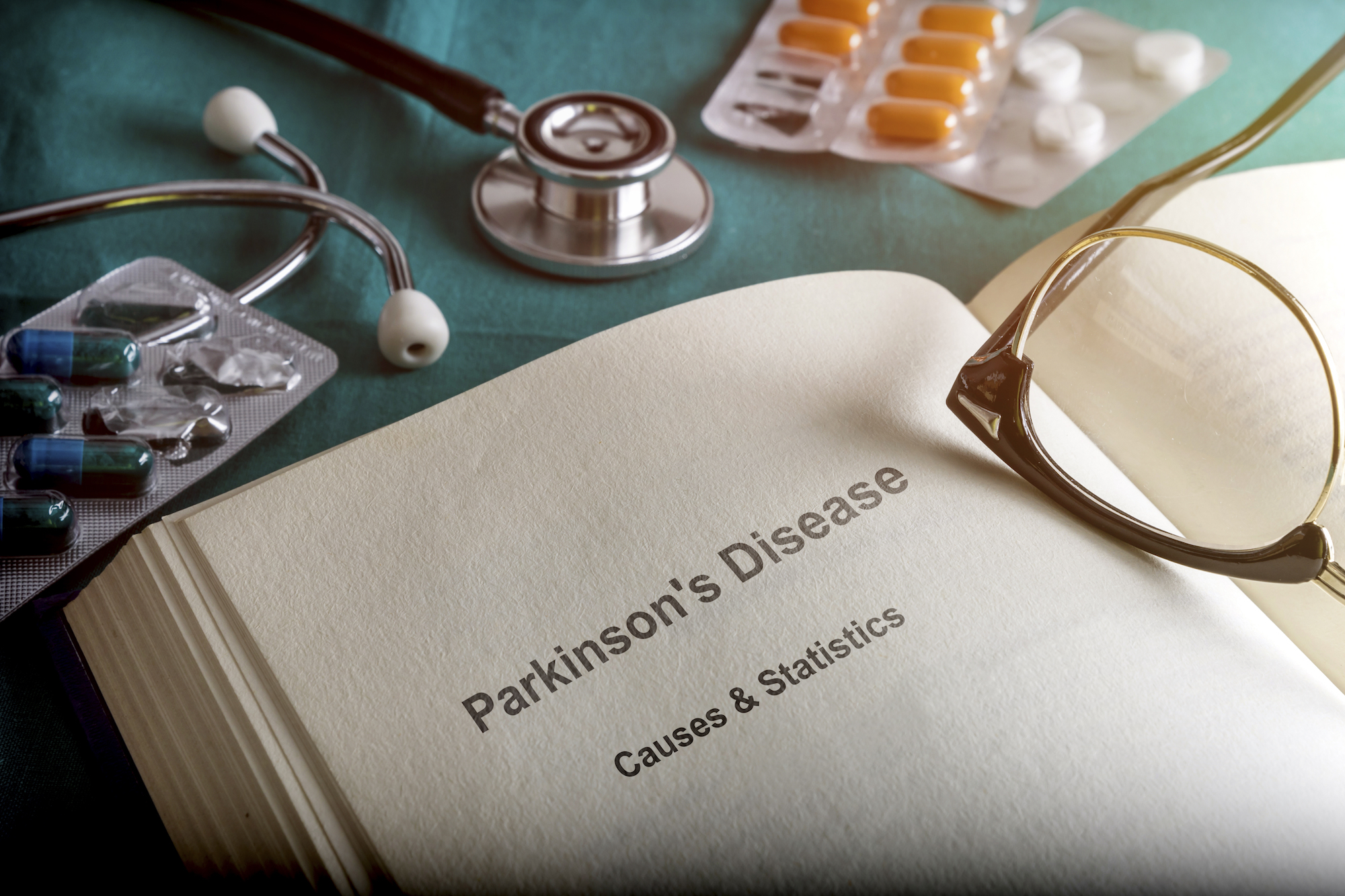As the fastest-growing neurodegenerative condition in the world, Parkinson’s disease currently affects more than 219,000 Australians, with 37 new diagnoses each day across the country. While 80 per cent of those diagnosed are aged over 60 years, there are a significant number of people being diagnosed with young onset Parkinson’s.

With April being Parkinson’s Awareness Month, and the 11th of April nominated as World Parkinson’s Day, it is important to raise awareness of the disease’s symptoms so it can be identified early on.
Many people report experiencing symptoms years before they’re diagnosed with Parkinson’s. Unfortunately, the lack of knowledge and understanding of the condition can mean that people miss the early warning signs.
The many symptoms can go unnoticed or ignored, and often it’s not until daily activity is impacted that people will seek help. It’s important to note that by the time someone is diagnosed with Parkinson’s, they would have lost 50-70 per cent of the dopaminergic neurons in their brain, and this is irreversible.
While no cure yet exists for Parkinson’s, which is progressive and degenerative, the earlier the diagnosis and treatment along with supportive therapies, the better. This increases the chances of slowing the disease progression and can significantly increase a person’s quality of life.
Many people only know of the motor symptoms of Parkinson’s, such as a tremor or difficulty walking, but there are many other symptoms of Parkinson’s that can manifest long before a person is diagnosed with the condition.

Parkinson’s Queensland are aiming to increase awareness of the 10 early warning signs of Parkinson’s disease to look out for:
Dizziness or fainting
Feeling dizzy or fainting when changing position from lying to sitting can be indicators of low blood pressure and may be linked to Parkinson’s.
Tremors
While at rest, a tremor in a finger, thumb, hand or chin is a common early sign of Parkinson’s.
Sleep
Thrashing around in bed or acting out dreams when deeply asleep or experiencing sudden movements may also be an early sign of Parkinson’s.
Small handwriting
If there has been a significant change in one’s handwriting – if it has become much smaller than it was, or the words are crowded together.
Smell
If you notice that you no longer smell certain foods very well, especially bananas, dill pickles, and liquorice?
Walking
When one experiences unusual stiffness in your body, arms, or legs? Or if your arms don’t swing like they used to when you walk?
Hunching
Are you not standing up as straight as you used to? Are you stooping, leaning or slouching when you stand?
Facial expression
Have you been told that you have a serious, depressed or ‘angry’ look on your face, even when you’re not in a bad mood?
Constipation
If you have trouble in moving your bowels without straining every day?
Voice
If you or others have noticed a change in your voice or if people comment on how soft your voice is, or that you sound hoarse?
Obviously, some of these symptoms can be attributed to other conditions, so it’s important to take note of them or any other consistent changes and seek medical advice and a referral to a neurologist for a formal diagnosis.
For more information about Parkinson’s disease and the support available to people living with the condition, Parkinson’s Queensland can be contacted via our website parkinsonsqld.org.au or email on pqi@parkinsonsqld.org.au. You can also call us at 1800 644 189 if you have any questions related to Parkinson’s.










